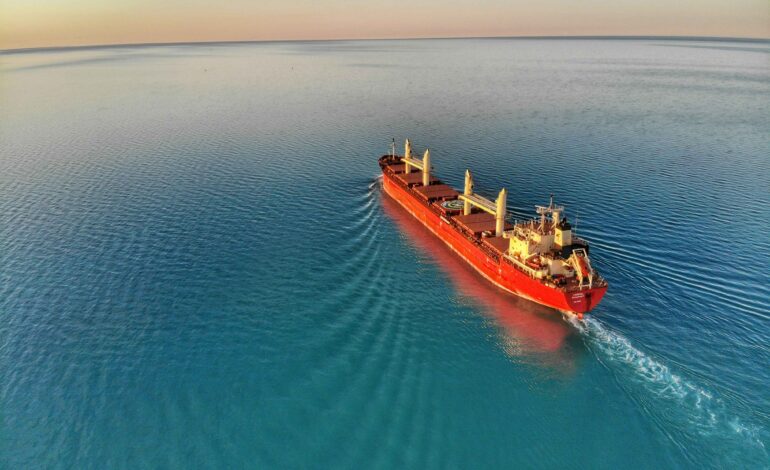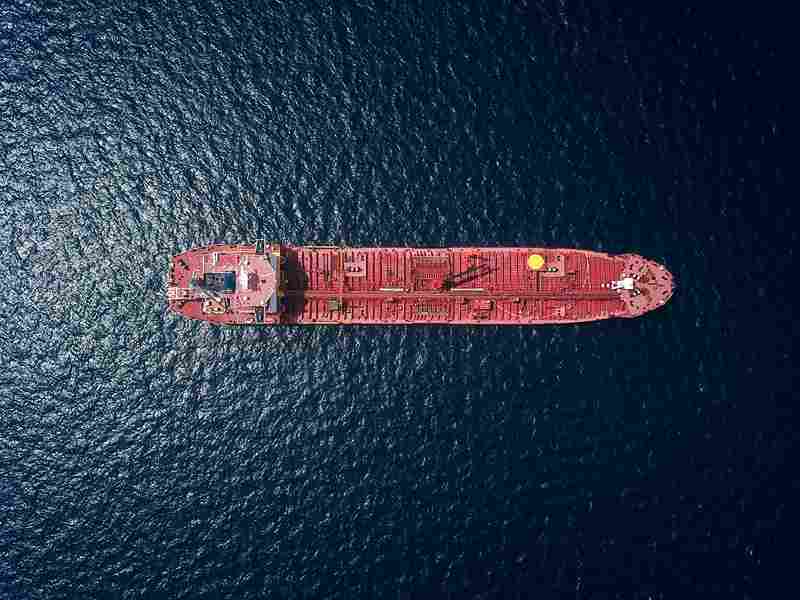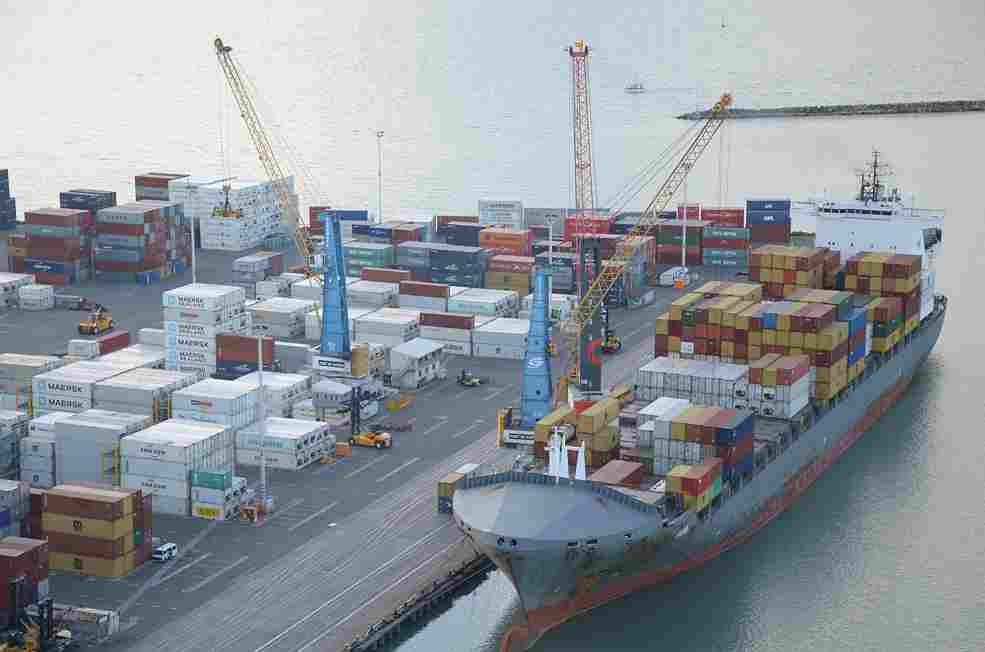
Bunker Fuel Efficiency: Optimization Strategies and Operational Best Practices
Introduction: Efficient utilization of bunker fuel has emerged as a crucial aspect of maritime operations, blending economic pragmatism with environmental stewardship. With bunker fuels serving as the backbone of global shipping, the pursuit of efficiency becomes imperative to manage costs and minimize ecological impact. This article delves into innovative strategies and operational best practices aimed at achieving optimal bunker fuel efficiency while upholding environmental sustainability.
Enhanced Vessel Performance: Central to the quest for bunker fuel efficiency is the optimization of vessel performance. Shipowners and operators can significantly enhance fuel savings by implementing measures such as regular hull and propeller maintenance, meticulous voyage planning, and adherence to optimal speed profiles. The prevention of hull fouling, often caused by marine growth, reduces drag and fuel consumption, ensuring smoother vessel movement through water. Furthermore, strategic route planning capitalizes on favorable weather conditions and currents, leading to reduced fuel consumption and enhanced operational efficiency.
Integration of Advanced Propulsion Technologies: Embracing advanced propulsion technologies plays a pivotal role in bolstering bunker fuel efficiency. Investments in energy-efficient engines, such as electronically controlled slow-speed two-stroke engines, facilitate optimal fuel combustion and minimize energy losses. Moreover, retrofitting vessels with propulsion enhancements like variable pitch propellers and waste heat recovery systems maximizes fuel efficiency by utilizing exhaust heat to generate additional power. These advancements not only optimize fuel consumption but also mitigate emissions, aligning with environmental sustainability objectives.
Implementation of Fuel Management Systems: Robust fuel management systems are indispensable tools for optimizing bunker fuel efficiency. Real-time monitoring of fuel consumption, engine performance, and voyage data enables proactive decision-making and course adjustments to minimize fuel wastage and optimize operational efficiency. Automated fuel management systems leverage data from onboard sensors to identify fuel consumption patterns and opportunities for optimization. Additionally, onboard fuel efficiency training empowers crew members to implement best practices, fostering a culture of energy conservation and operational excellence.
Harnessing Digitalization and Data Analytics: The integration of digitalization and data analytics revolutionizes bunker fuel efficiency optimization. Advanced analytics platforms employ machine learning algorithms to analyze operational data, detect trends, and generate actionable insights for fuel optimization. Predictive maintenance algorithms anticipate equipment failures, enhancing engine performance and minimizing downtime. Blockchain-based fuel tracking systems ensure transparency and traceability throughout the bunkering supply chain, safeguarding fuel quality and quantity from procurement to consumption.
Continuous Improvement and Training Initiatives: Bunker fuel efficiency thrives on continuous improvement and ongoing training initiatives. Shipowners and operators invest in crew training programs focused on fuel-efficient navigation techniques, engine operation, and maintenance protocols. Regular performance evaluations and feedback mechanisms facilitate the refinement of operational processes and fuel management strategies. Encouraging a culture of innovation and knowledge sharing fosters the adoption of new technologies and best practices, driving sustained improvements in bunker fuel efficiency industry-wide.
Conclusion: In conclusion, optimizing bunker fuel efficiency stands as a paramount goal for the maritime industry, balancing economic viability with environmental responsibility. By implementing effective optimization strategies, embracing advanced propulsion technologies, deploying robust fuel management systems, leveraging digitalization and data analytics, and prioritizing continuous improvement and training initiatives, stakeholders can unlock substantial fuel savings, reduce emissions, and bolster operational resilience. As the industry advances towards a greener and more efficient future, a concerted effort towards bunker fuel efficiency will be pivotal in navigating the challenges and opportunities of an evolving maritime energy landscape.





